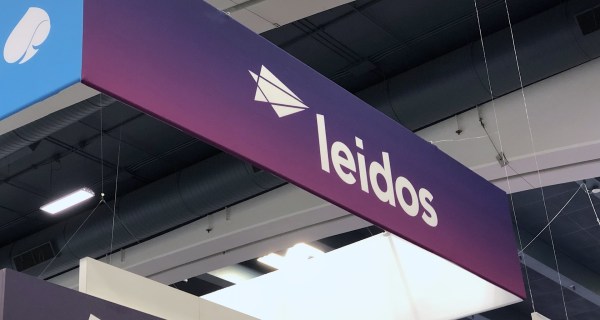How DISA is targeting work with nontraditional defense contractors on a traditional contract

The Defense Information Systems Agency is reinvigorating a legacy contract to better work with small businesses that don’t typically sell their innovative technology to the Department of Defense.
DISA’s $7.5 billion Systems Engineering, Technology, and Innovation (SETI) contract vehicle includes nearly two dozen small businesses, half of which are new to the department. While those businesses represent just a tiny sliver of the more than 300,000 contractors in the defense industrial base, DISA officials described awarding them spots on SETI as a major win in working with nontraditional contractors inside existing acquisition frameworks.
The defense IT agency, and the rest of the Pentagon, have been clamoring to attract the work of small technology companies to maintain the military’s technological advantage.
“We did a bottom-up redesign on SETI,” Christopher Riley, SETI program manager, said on a press call Friday. DISA worked tactically “to make the contract tech agnostic.”
The effort won DISA the Verdure Award from the DOD Small Business Vanguard Awards Program in September, which DISA hopes will motivate components in the DOD to more widely use the vehicle. The award highlights the team’s “leadership” in engaging with industry.
While the DOD awards billions of dollars each year in Small Business Innovation Research Grants, the individual contracts are often worth only a few million dollars, trapping companies on the far-left side of the so-called “valley of death” — the dollar-less pit between small research grant funding and larger-scale awards like SETI task orders that a company can turn into a major source of revenue. One of the largest impediments for companies in crossing the valley is navigating the complex bureaucracy of federal acquisition, which the SETI team aimed to change.
For SETI, DISA removed requirements to have worked with DOD before, the need for on-site security clearances at the time of proposal and detailed cost accounting.
“Our unofficial motto for SETI has always been, ‘show me, don’t tell me,'” said Christopher Gray, chief of contracting for agency’s office of IT contracting.
Another method DOD has leveraged to work with the small tech firms are other transaction agreements (OTAs), which allow the military to circumvent parts of the standard federal acquisition regulations. The Army has heavily invested in using OTAs, especially in its Futures Command.
But DISA’s SETI is an otherwise run-of-the-mill indefinite-delivery, indefinite-quantity contract vehicle within the bounds of normal federal regulations, just with the key barriers tech companies identified removed.
“This is really about innovation within the contracting construct,” said Carlen Capenos, office of small business programs director.
The SETI contract vehicle has yet to award task orders to small businesses due to ongoing protests within that pool. But the DOD has started to use the vehicle to work with unrestricted, larger companies. The DOD’s Joint Artificial Intelligence Center awarded a more than $100 million contract to Deloitte to build its development environment, the Joint Common Foundation.
Now, Deloitte and other large businesses selected in the unrestricted pool are required to subcontract with small businesses. If not, they face “off-ramping,” Capenos said.




